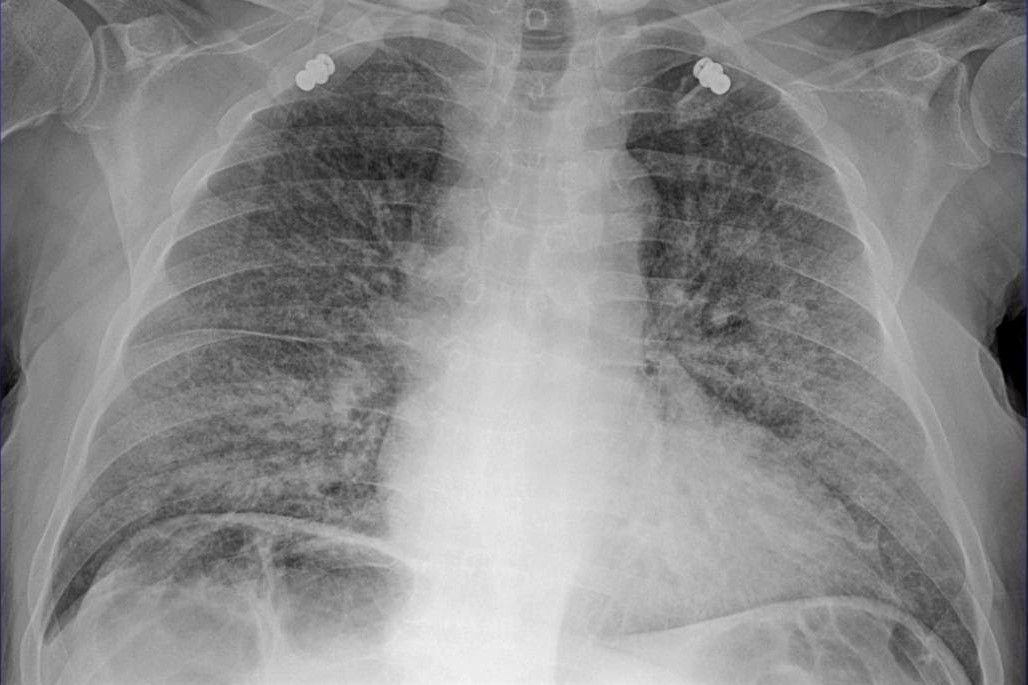
COVID-19 pneumonia, Harvard Medical School study on the biphasic course of infection
COVID-19 infection, Harvard is the protagonist of an interesting study on one of the issues of greatest concern for healthcare workers today: that relating to the evolution of infection in the respiratory tract, pneumonia above all.
How does the infection of lung cells trigger an immune response in patients? The Harvard study on COVID-19 pneumonia
New research led by Harvard Medical School investigators at Massachusetts General Hospital and published in Nature Communications provides insights that could help improve treatment strategies for infected patients.
The findings suggest treatments that target viral replication, such as remdesivir, may be effective only in the early phase of infection, according to the study authors.
To analyze SARS-CoV-2 at the tissue level, the scientists examined autopsied material from 24 patients who died from complications of COVID-19.
The analyses revealed two phases of infection in patients with severe COVID-19 pneumonia.
The early phase is defined by high levels of virus in the lungs that trigger patients’ cells to express genes involved with the interferon pathway, a critical part of the immune response.
In the later phase, the virus is no longer present, but the damage to the lungs is too severe for recovery.
“The interferon response to SARS-CoV-2 indicates that people’s immune systems are able to attack SARS-CoV-2, but the response is variable between patients and even in different parts of the lung of the same patient, making a ‘one drug fits all’ therapy approach difficult,” said co-corresponding author David Ting, HMS assistant professor of medicine and associate clinical director for innovation at the Mass General Cancer Center.
Harvard Medical School study on COVID-19, an important result: the vast majority of viral replications occur in the nose
The team also found that there is surprisingly very little viral replication in the lungs, which suggests that the virus is mostly replicating in the nasal passages and then dropping into the lungs, where it can cause pneumonia and other complications.
It will be important to conduct additional autopsy analyses to better understand the extent and timing of SARS-CoV-2 infection in the lungs and other tissues, which could lead to improved treatment strategies for patients with COVID-19, the authors said.
In the study, the team used a method called RNA in situ hybridization to visualize SARS-CoV-2 in human lung specimens.
“This assay is now a clinical test being used at MGH to understand what tissues can be infected by the virus,” Ting said.
Read the Harvard Medical School study on COVID-19 pneumonia in Nature Communications
s41467-020-20139-7Read Also:
Deadlier Than COVID-19? Unknown Pneumonia Discovered In Kazakhstan
UK, COG-UK Discovers 17 Mutations Of COVID-19 In London And The South East


